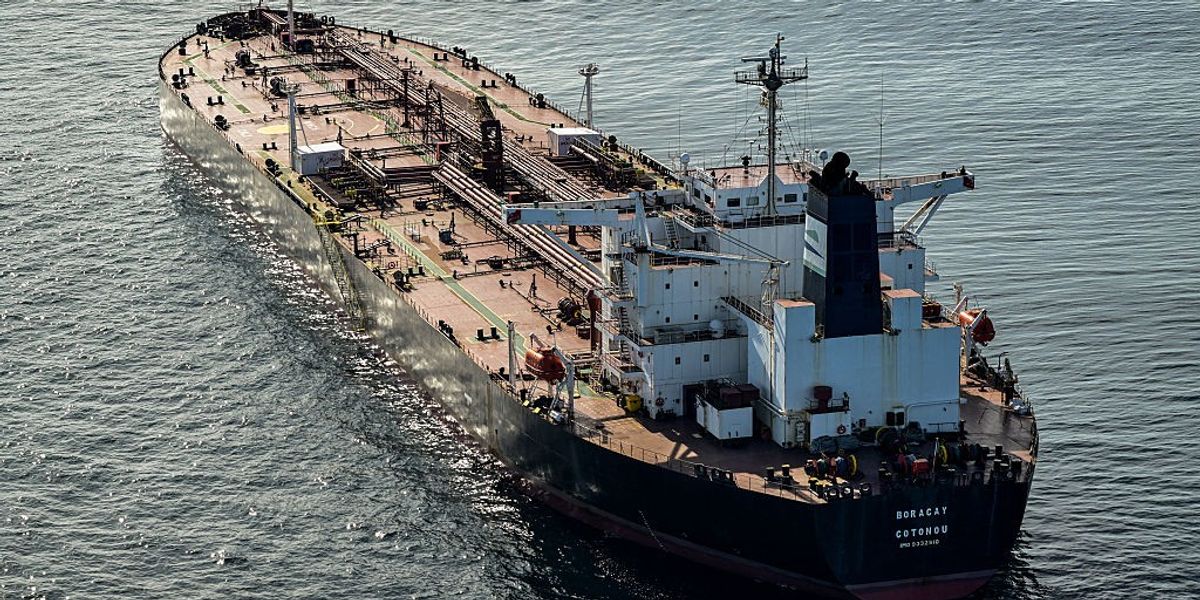
""The question is, what did you want sanctions to do?" Thomas Graham, a long-time Russia expert at the Council on Foreign Relations, told The Cipher Brief. "If the goal was to cause Russia to rethink what it's doing in Ukraine to pull back from its aggression, the short answer is no... That said, it's also clear that the sanctions have raised the cost (for Russia) of continuing the conflict.""
"In the past week, Moscow has won fresh pledges from and to keep buying Russian oil and other sanctioned goods; China actually vowed to "elevate" its energy cooperation with Russia. A September found that Russia's "shadow fleet" of oil tankers has proved a highly effective sanctions workaround. And for all of Trump's threats of fresh sanctions, his administration has yet to pull the trigger."
Sanctions applied over more than three and a half years of war have substantially pressured Russia's economy and the Kremlin's war coffers. Moscow has secured new pledges and continued buyers for oil and other sanctioned goods, while China pledged to elevate energy cooperation. A "shadow fleet" of tankers has emerged as an effective circumvention mechanism, and threatened additional sanctions have not been implemented. The Kremlin maintains that sanctions will not alter its military course. Experts characterize sanctions as slow-burning measures that raise the financial cost of conflict without producing an immediate strategic reversal. More than 6,000 sanctions have been enacted since the full-scale invasion.
Read at The Cipher Brief
Unable to calculate read time
Collection
[
|
...
]